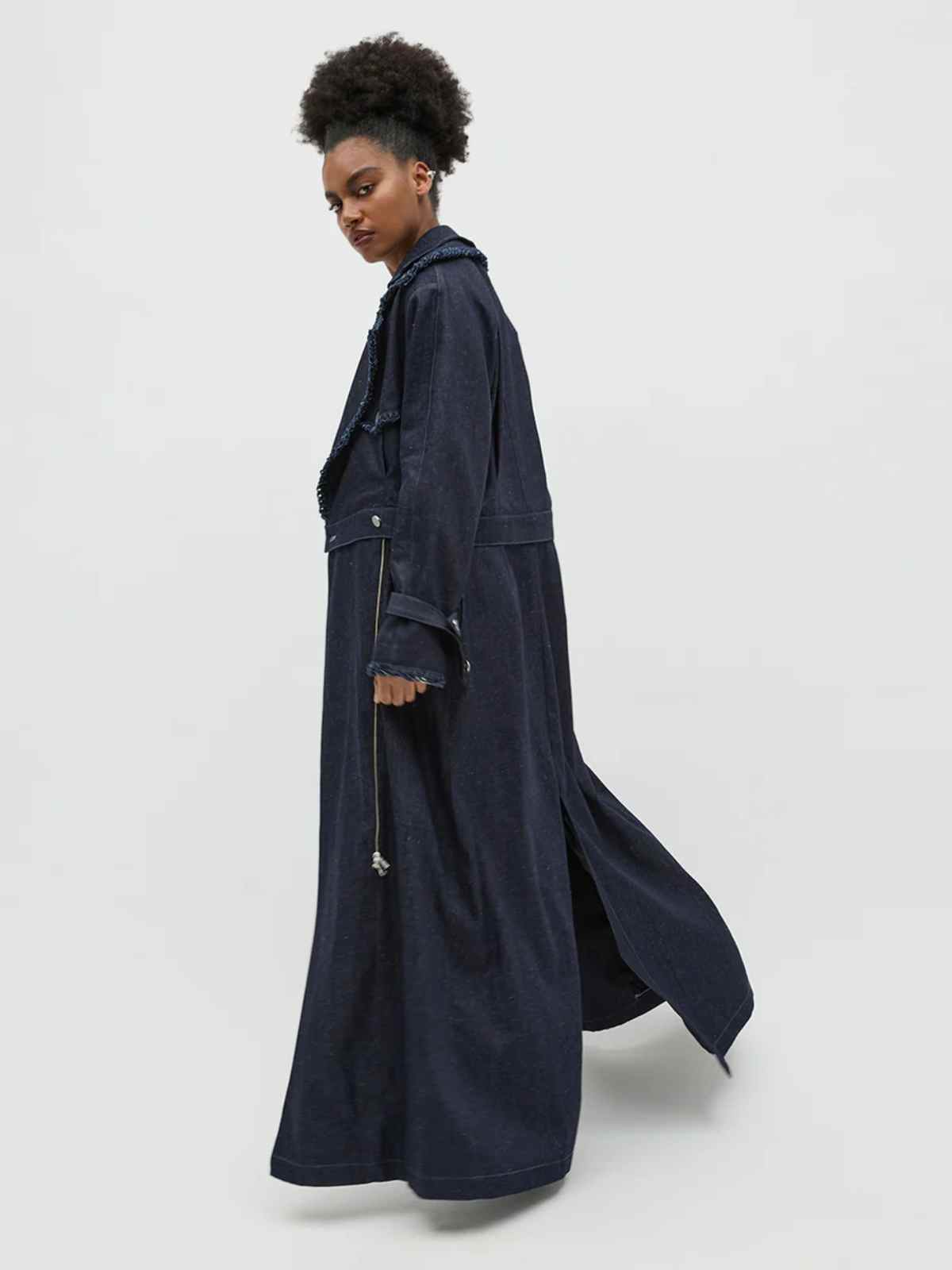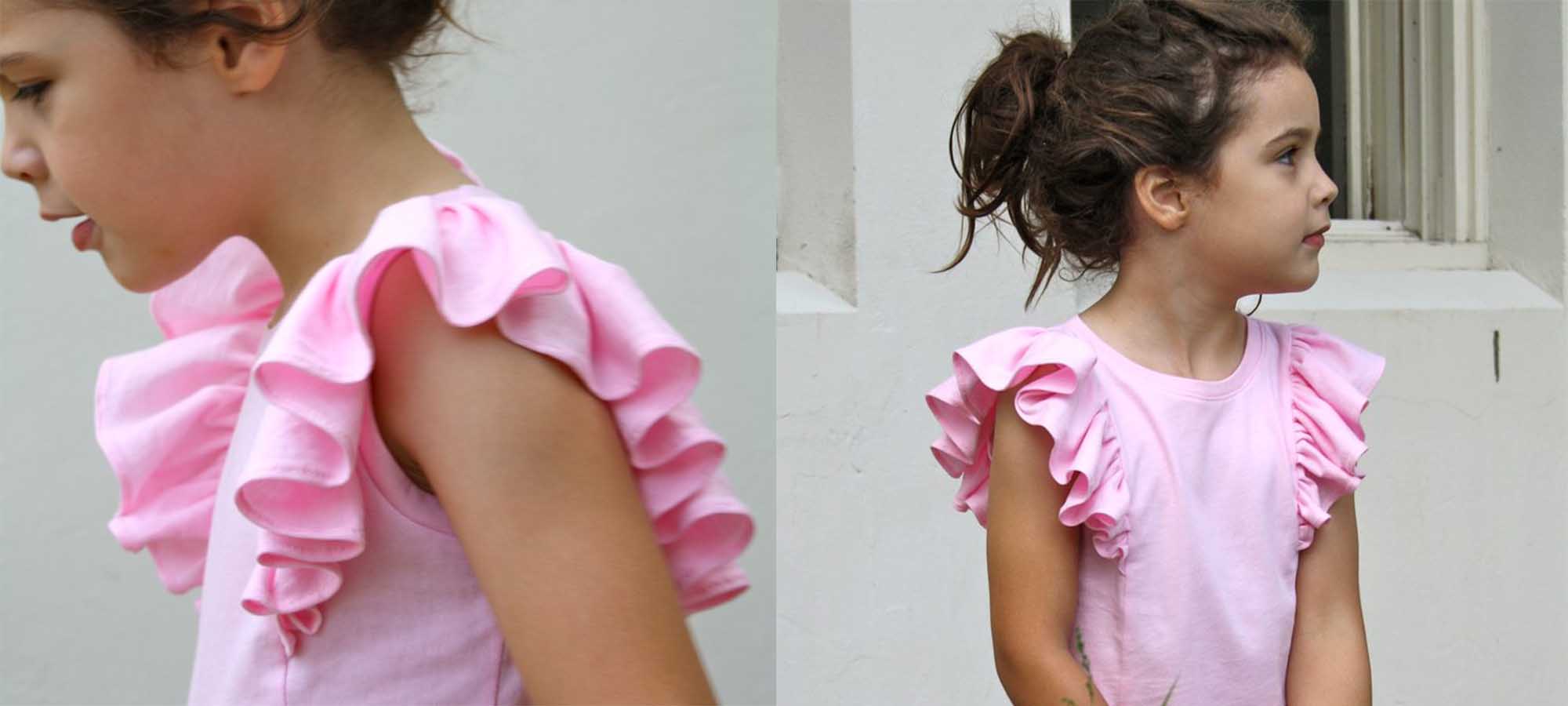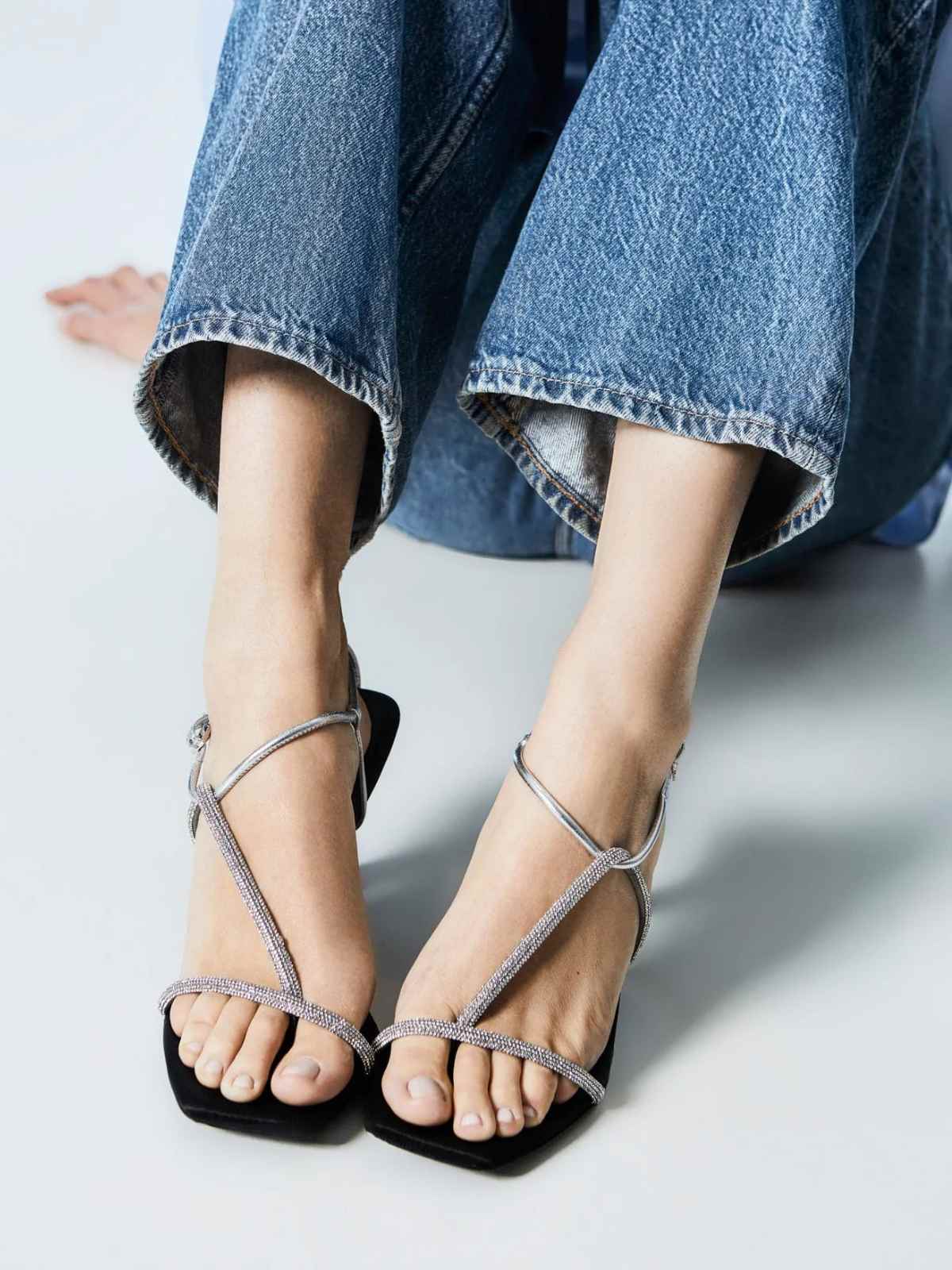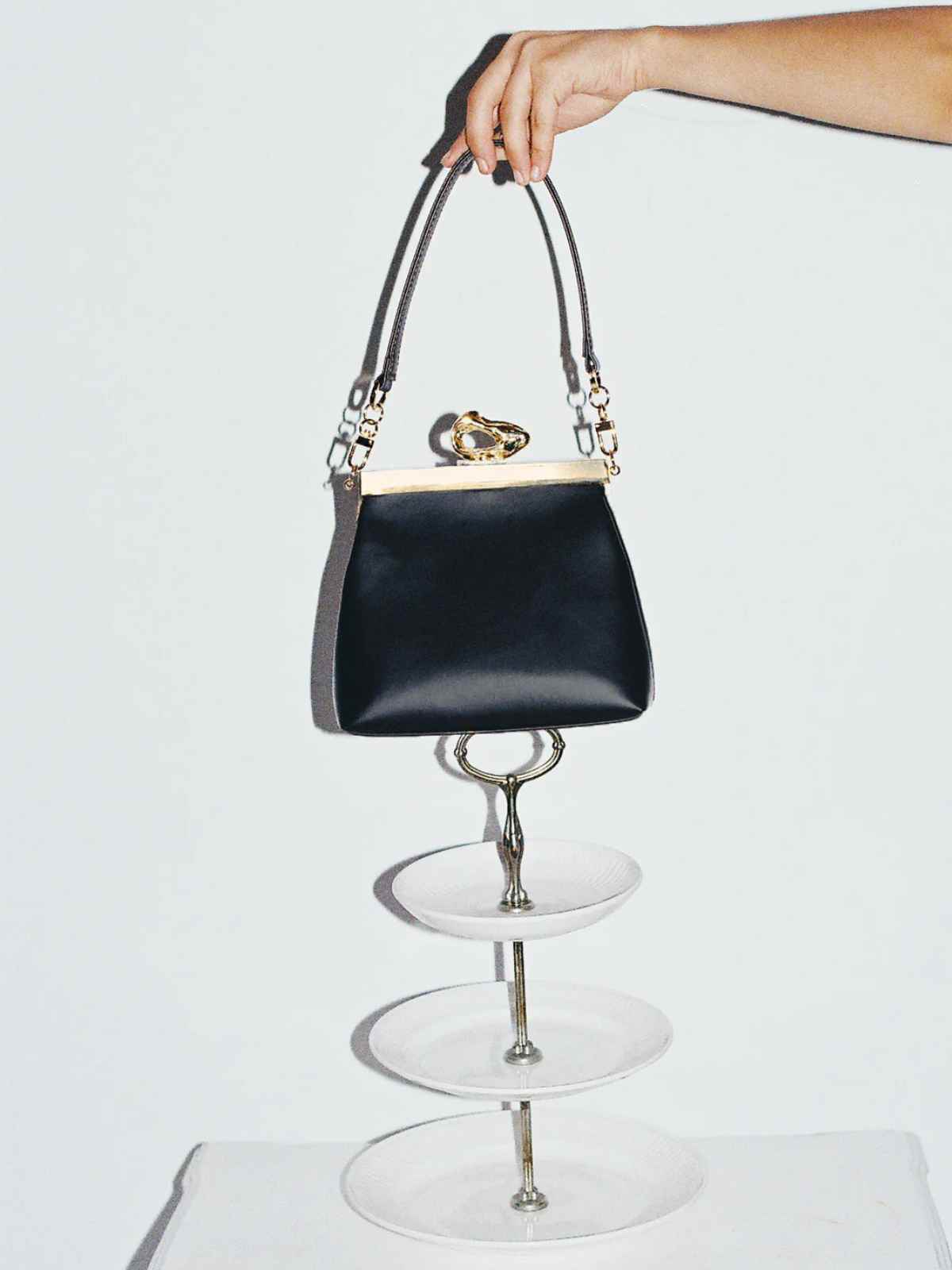Our editors curate highly rated brands that are first assessed by our rigorous ratings system. Buying through our links may earn us a commission—supporting the work we do. Learn more.
Kmart is affordable and convenient, but how does it treat people, the planet, and animals behind the scenes? How ethical is Kmart? This article is based on the Kmart rating published in February 2022.
Is Kmart an ethical or sustainable brand?
Kmart is one of the most popular discount department stores in Australia. While there’s no denying Kmart is a quick and convenient go-to for clothing and accessories, we have to ask ourselves if affordability and availability trump ethical considerations. As conscious consumers, we have the right to know how a brand treats the earth and its inhabitants before we decide on our purchases. So, how does Kmart rate? How ethical is Kmart Australia?
Environmental impact
Kmart’s environment rating is “Not Good Enough”. It uses some eco-friendly materials including recycled materials, which is a good first step, but there is no evidence it reduces any greenhouse gas emissions in its supply chain. While it has set a deadline to eliminate hazardous chemicals by 2025, there is no evidence it is on track to meet its target. There is also no evidence it minimises textile waste when manufacturing its products. There is still considerable room to improve the ambition and scope of Kmart’s environmental policies, particularly extending beyond direct operations and more towards the supply chain.
Labour conditions
Unfortunately, Kmart’s labour rating has dropped two places to “Not Good Enough” after a recent rerate. It received a score of 51-60% in the Fashion Transparency Index as none of its supply chain is certified by labour standards which ensure worker health and safety, living wages, or other labour rights. It is taking some steps to be transparent as it likely publishes information about its supplier policies, audits, and remediation processes, as well as a list of suppliers in the final stage of production. It also may be publishing limited information about forced labour, gender equality, or freedom of association. And unlike a lot of other large brands, it does disclose some policies to protect suppliers and workers in its supply chain from the impacts of COVID-19. However, there is no evidence it ensures payment of a living wage in its supply chain, which is key.
Animal welfare
Kmart has recently improved its score for our animal friends to “It’s a Start”. While it has a formal animal welfare policy aligned with Five Freedoms and some clear mechanisms to implement, and it does not use fur, angora, or exotic animal skin, it does use wool, leather, and exotic animal hair, though not a significant amount. There is also no evidence it traces any animal products even to the first stage of production. If you care about our fellow earthlings, steer clear of brands that don’t tell you where their animal-based materials come from.
Overall rating: Not Good Enough
Kmart has received an overall rating of “Not Good Enough” based on our own research. Note that Good On You ratings consider 100s of issues and it is not possible to list every relevant issue in a summary of the brand’s performance. For more information see our How We Rate page and our FAQs. Like many fast fashion brands, Kmart’s current business model is not ethically sound, and it needs to make significant efforts in all areas to improve its impact on people, the planet, and animals.
While Kmart may be off the cards for now, don’t fret. There are some “Good” and “Great” local Australian and New Zealand brands that deserve your support.
Good swaps
Ethical alternatives to Kmart

























